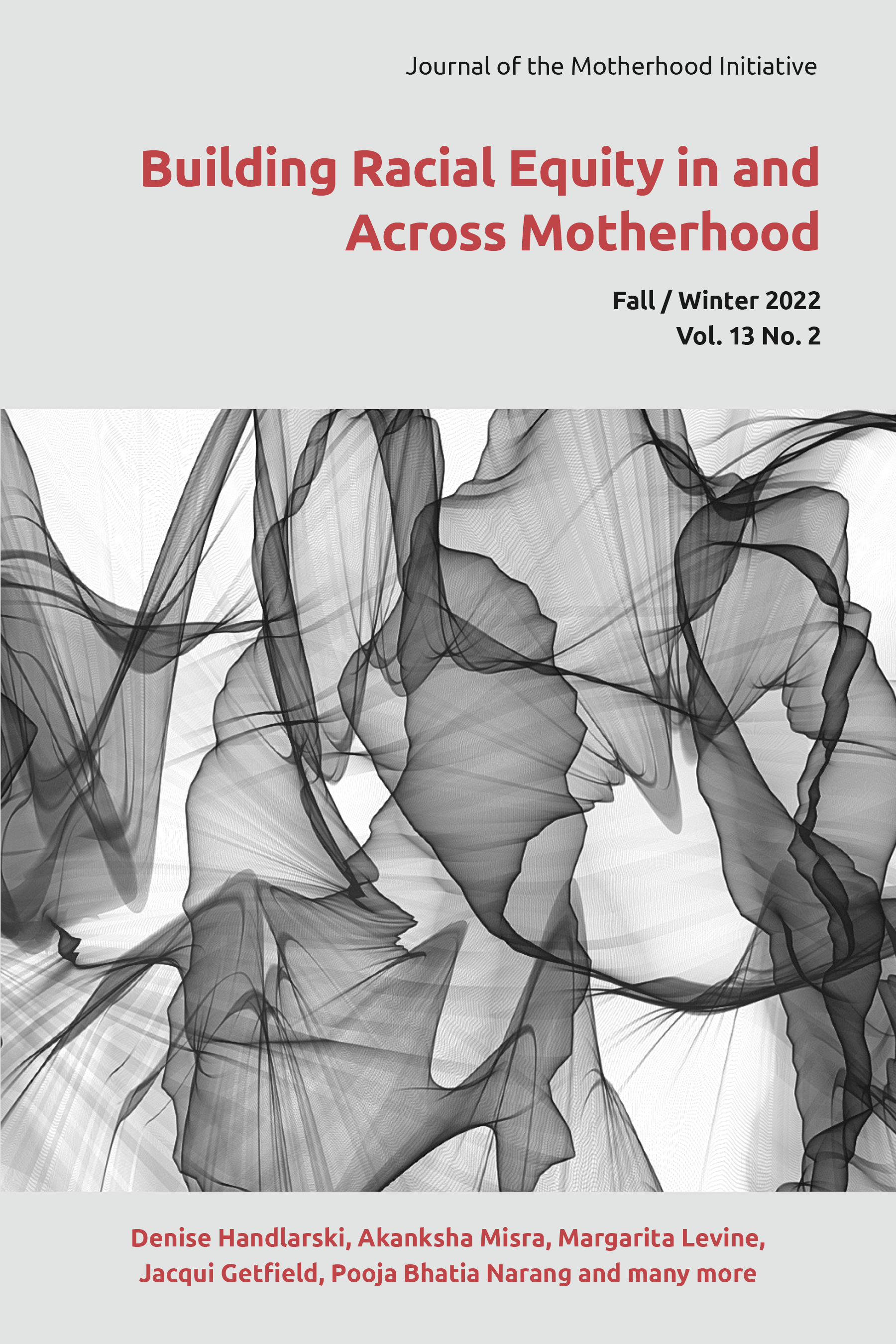Being an Academic Mother during a Pandemic: The Roles of Home and Work on Mental Health
Abstract
The COVID-19 pandemic affected life for everyone. However, as mothers tend to be the primary caregivers and default parents, early research has shown that mothers were responsible for a disproportionate share of work related to children during the pandemic. Given the oppositional identities of professional academic work and mothering, this increase in parenting for mothers naturally affected their work as academics and likely negatively affected their mental health. Faculty mothers of colour had the added burden of operating in a racist institution as well as contending with racial unrest, an antagonistic president at the time, and higher rates of mortality among Black and brown people from COVID-19. In this project, we use an intersectional approach to evaluate the effects of COVID-19 on academic mothers through the lens of race and age of youngest child, focusing on heightened anxiety and poorer mental health. We utilized a survey administered to collegiate faculty in the United States. We share results from our mixed-methods study, highlighting both quantitative and qualitative results to better tell the story of academic mothers during the pandemic and how these roles during this time affected their career and mental health.
Downloads
Published
How to Cite
Issue
Section
License
All intellectual property in relation to material included on this site belongs to the Motherhood Initiative for Research and Community Involvement (MIRCI). All material on this site is protected by Canadian and international copyright and other intellectual property laws. Users may not do anything which interferes with or breaches those laws or the intellectual property rights in the material. All materials on the Motherhood Initiative for Research and Community Involvement (MIRCI) are copyrighted and all rights are reserved. Any reproduction, modification, publication, transmission, transfer, sale, distribution, display or exploitation of the information, in any form or by any means, or its storage in a retrieval system, whether in whole or in part, without the express written permission of the Motherhood Initiative for Research and Community Involvement (MIRCI) is prohibited. Please contact us for permission to reproduce any of our materials. This site may include third party content which is subject to that third party's terms and conditions of use.


